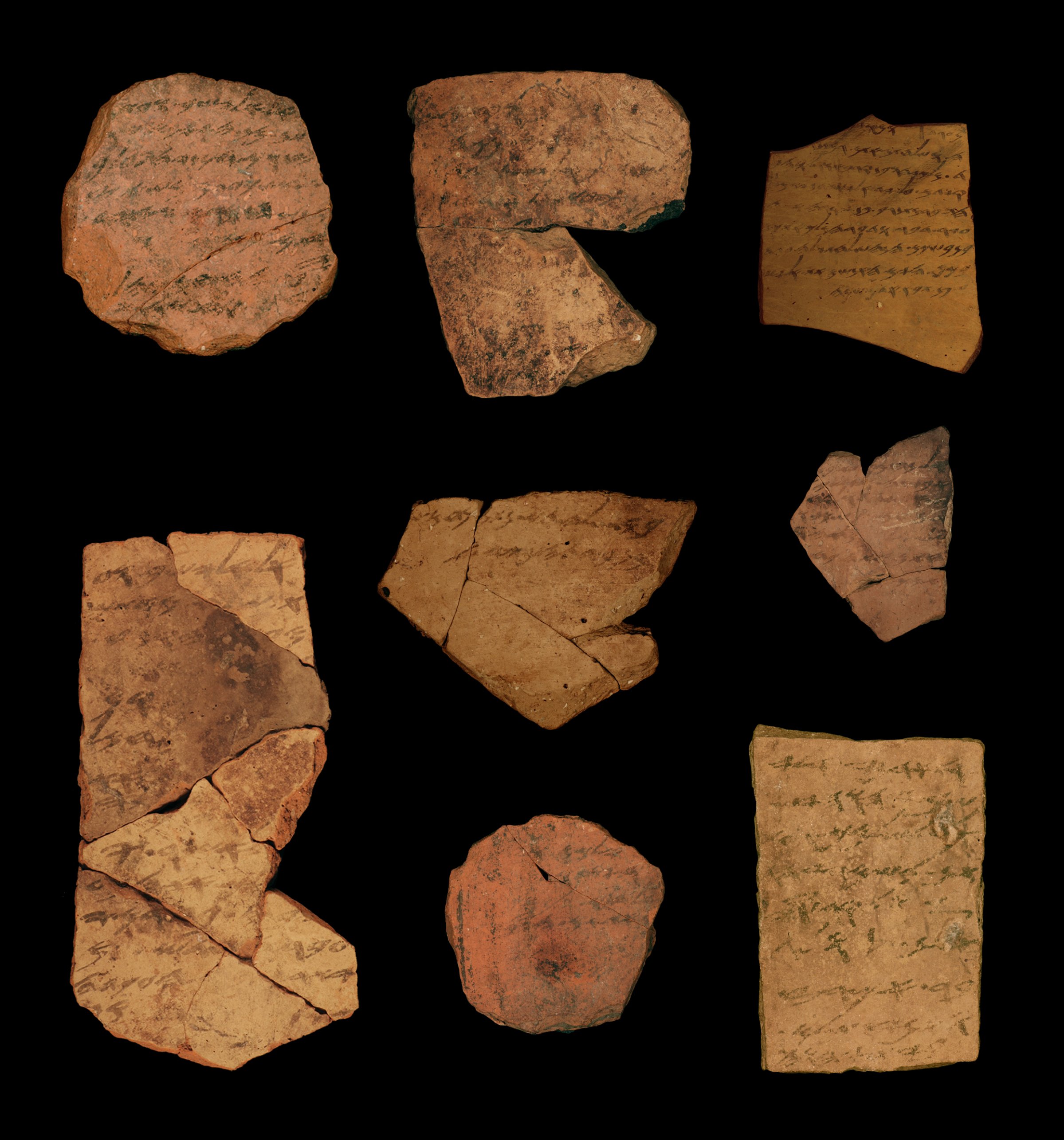
A new study has revealed that literacy may have been higher than previously believed in Israel in the sixth century, suggesting that the first five books of the Bible may have been written earlier than some scholars believed.
In findings published in Proceedings of the National Academy of Sciences on Monday, researchers from Tel Aviv University looked at pottery dated to about 600 BCE from the Arad citadel, which were inscribed with instructions, the New York Times reports. “To Eliashib, and now: Issue from the wine 3 baths,” reads one, continuing, “And Hananyahu has commanded you to Beersheba with 2 donkeys’ load and you shall wrap up the dough with them.” Their analysis of the handwriting shows that at least six different people were behind the 100 letters, indicating a higher literacy rate than previously thought.
This means it’s possible that the Torah was written earlier than some scholars previously believed. The Pentateuch—which comprises Genesis, Exodus, Leviticus, Numbers and Deuteronomy—was thought by some not to have been written down in a version approaching its present form until after 586 BCE. But if the literacy rate in Arad applied to Israel at large, they say, it’s possible there would have been enough scribes in the region to write down the a version of the Torah that’s similar to the modern one — at an earlier date than previously believed.
Still, some scholars urge skepticism. “There is no such thing as consensus in biblical studies these days,” one professor from Bar-Ilan University told the Times. “The process of transmission was much more complicated than scholars used to think.”
[NYT]
More Must-Reads From TIME
- The 100 Most Influential People of 2024
- Coco Gauff Is Playing for Herself Now
- Scenes From Pro-Palestinian Encampments Across U.S. Universities
- 6 Compliments That Land Every Time
- If You're Dating Right Now , You're Brave: Column
- The AI That Could Heal a Divided Internet
- Fallout Is a Brilliant Model for the Future of Video Game Adaptations
- Want Weekly Recs on What to Watch, Read, and More? Sign Up for Worth Your Time
Contact us at letters@time.com